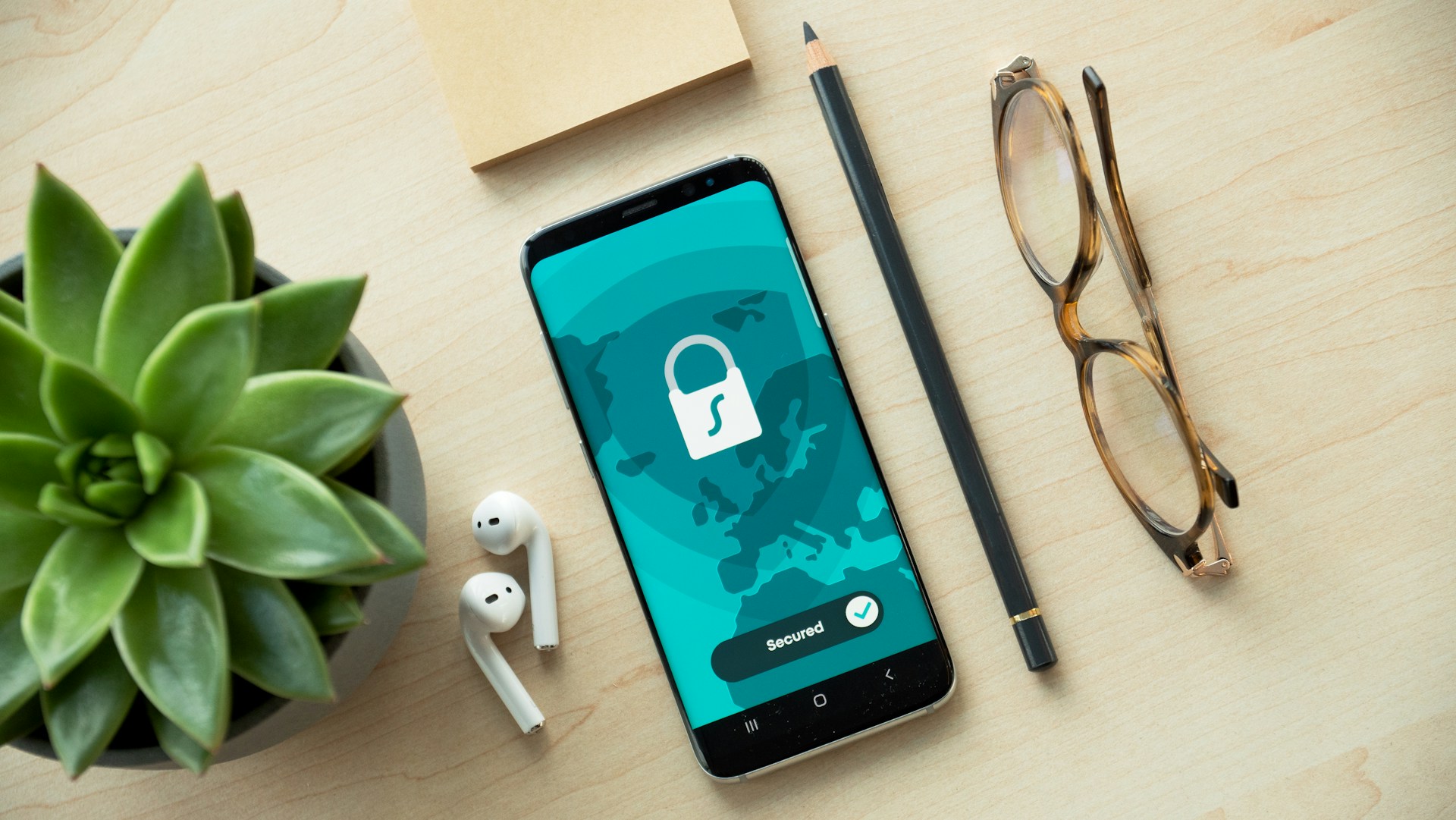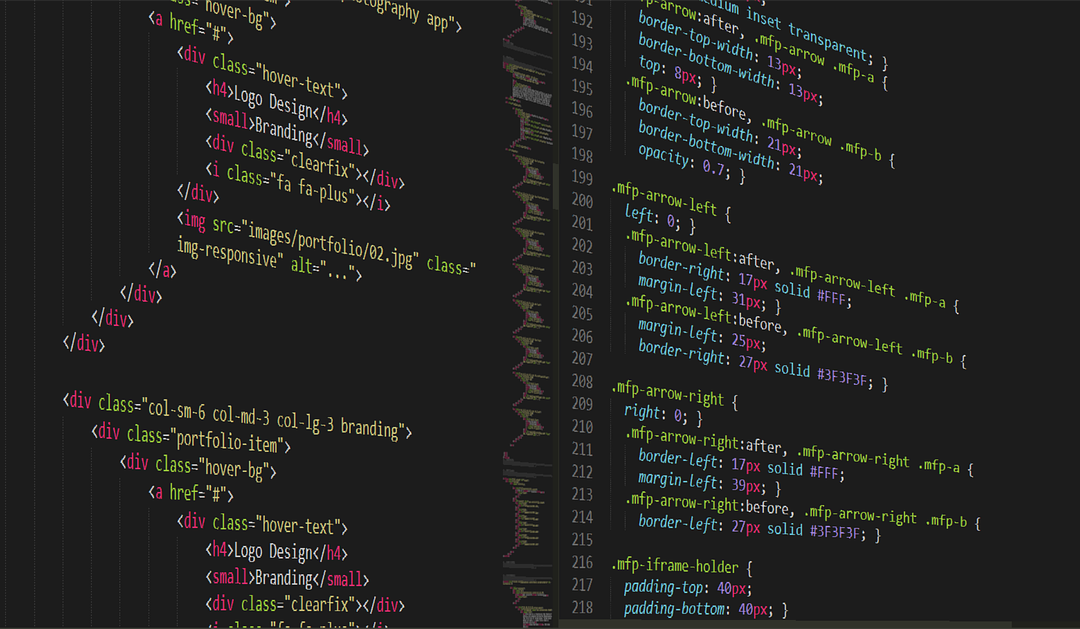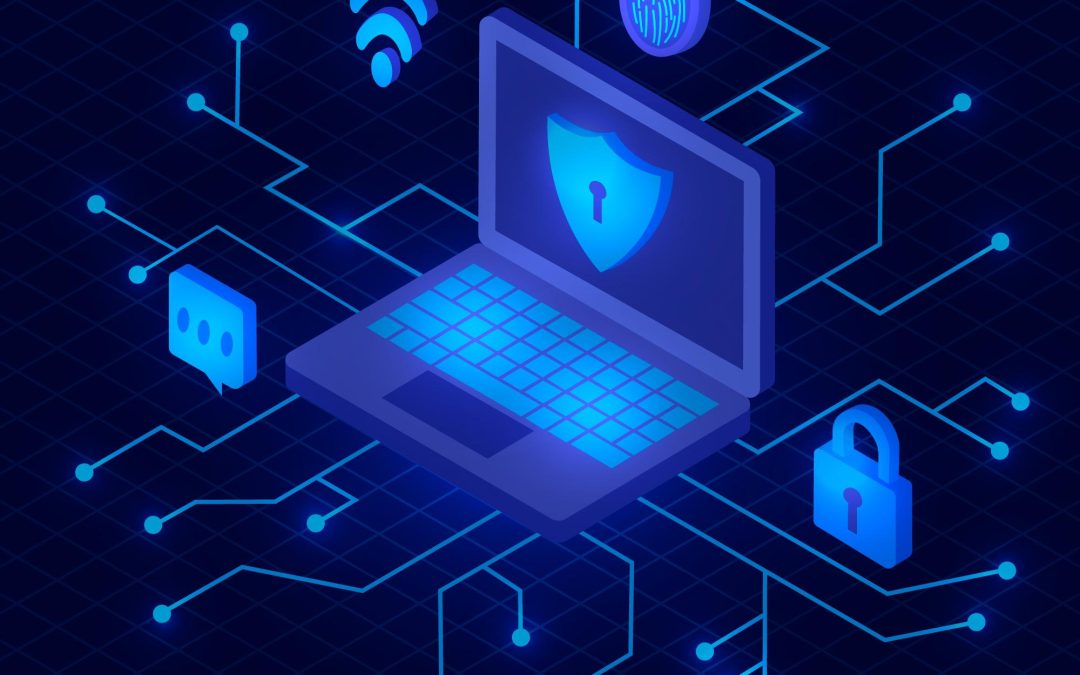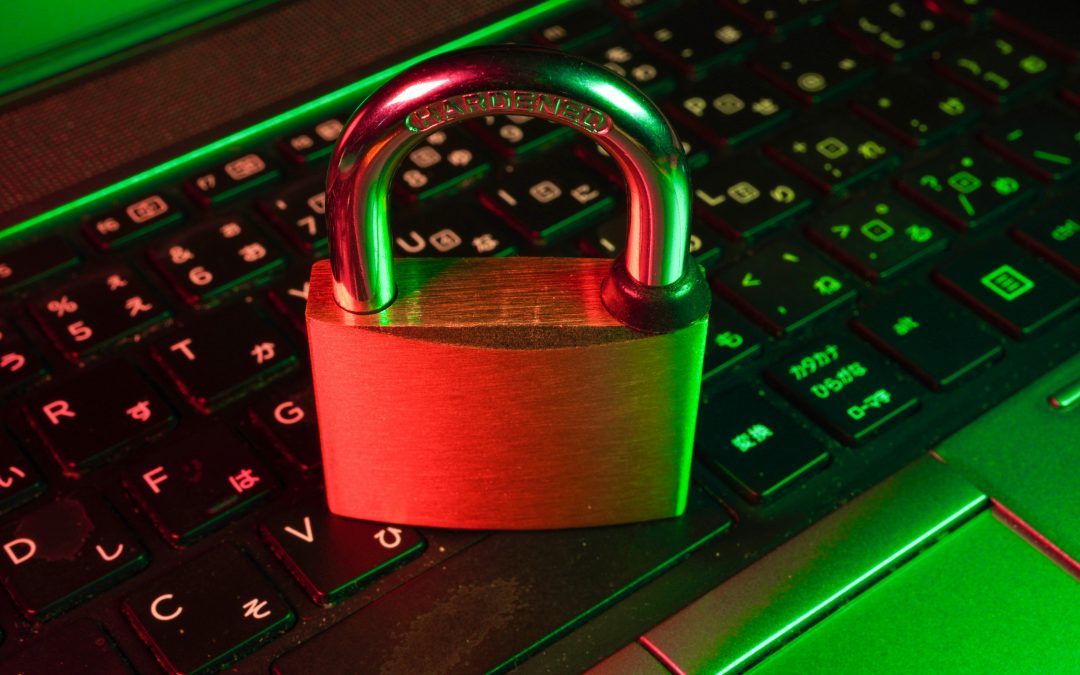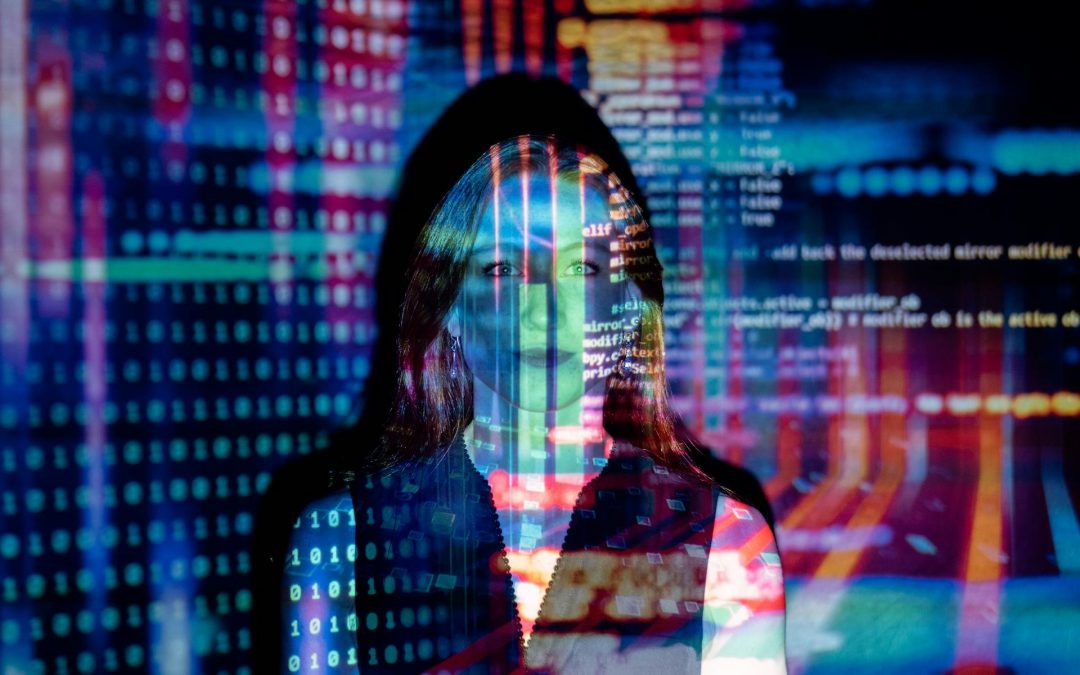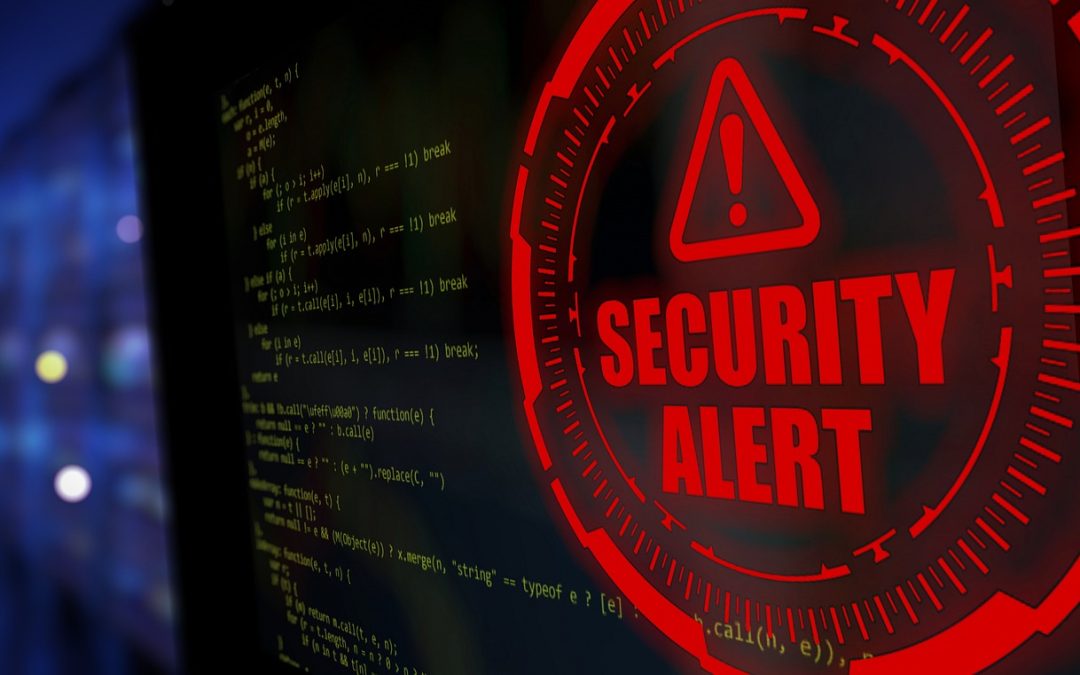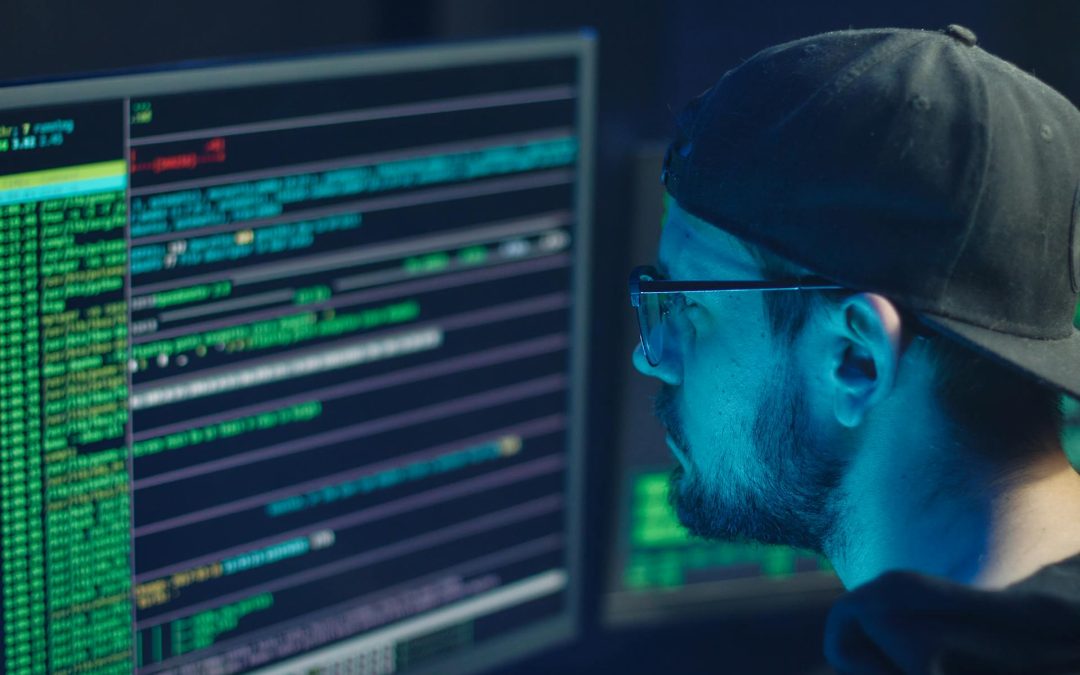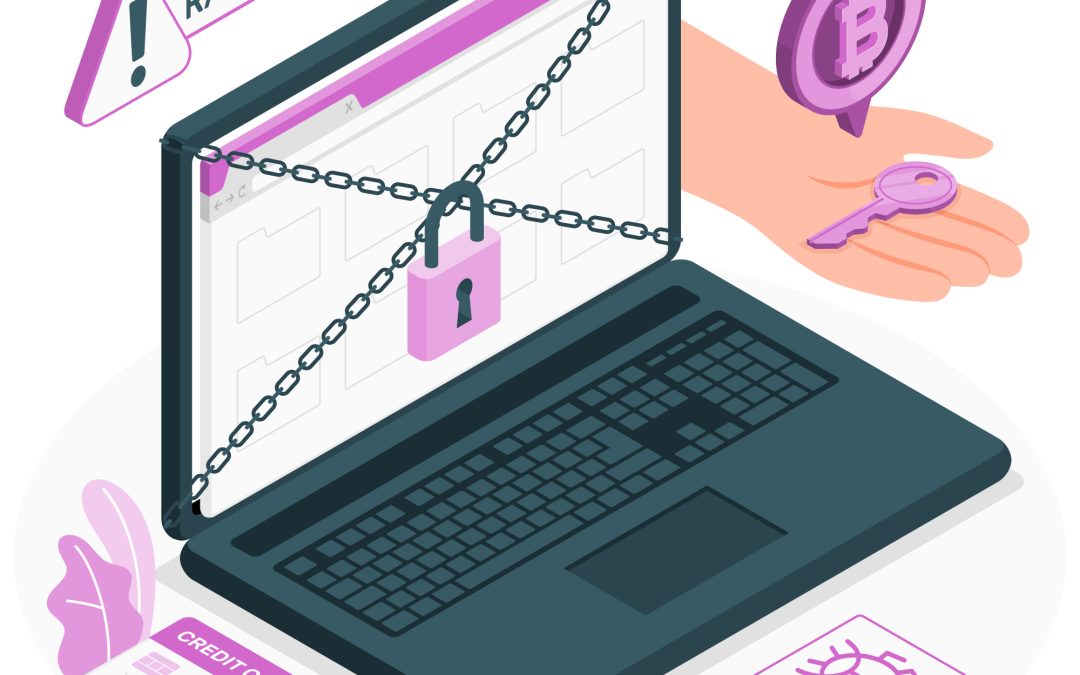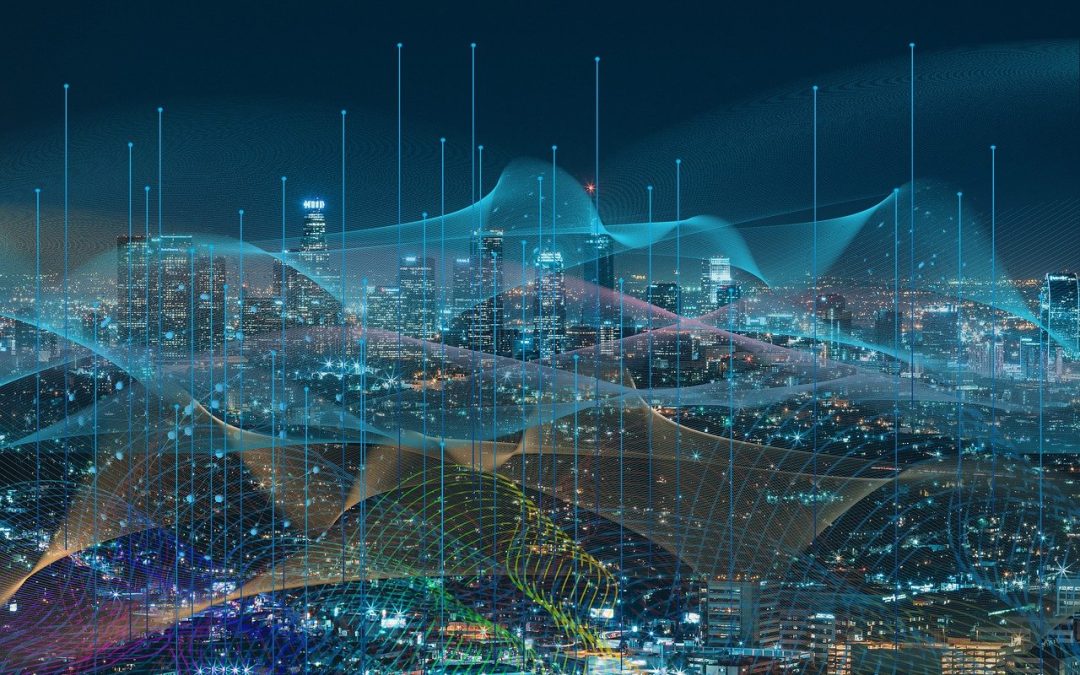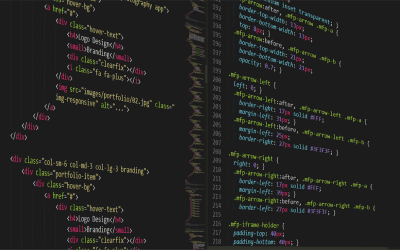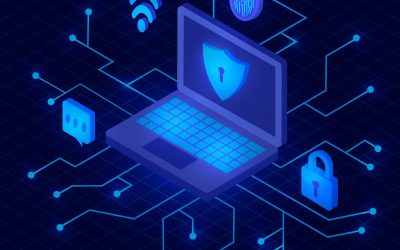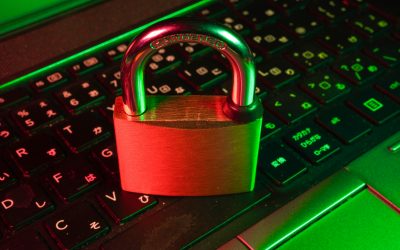CYBERSÉCURITÉ : LES BONS GESTES À ADOPTER EN ENTREPRISE OU EN COLLECTIVITÉ
Alors que 54 % des entreprises ont subi au moins une cyberattaque en 2021, la cybersécurité n’est plus une option mais une nécessité. Ces incidents fréquents peuvent avoir des conséquences désastreuses pour l’entreprise puisque le coût médian d’une cyberattaque se situe aux alentours de 50 000 euros. Quelles bonnes pratiques de cybersécurité adopter ? TYREX vous donne 5 conseils phares.
1. CYBERSÉCURITÉ EN ENTREPRISE : FAIRE ATTENTION À L’UTILISATION DES PORTS USB
Les supports USB peuvent être un vecteur majeur de menaces informatiques (virus, malwares, etc.). Ils représentent environ 37% des intrusions. Qu’il s’agisse d’une clé USB ou d’un disque dur externe, il est donc essentiel de faire preuve de prudence lors de leur utilisation.
Il convient de faire de la pédagogie auprès de ses salariés et des prestataires qui peuvent intervenir sur le site de l’entreprise. En effet, bien souvent la curiosité pousse les usagers informatiques à brancher des périphériques USB sans en connaître la provenance.
D’après l’étude « Users Really Do Plug in USB Drives They Find » réalisée par Google, 48% des utilisateurs qui trouvent une clé USB au hasard (par terre, sur un coin de table, etc.) les ramassent et les branchent. Un geste dont les conséquences peuvent être dramatiques pour une entreprise ou un organisme public.
Afin d’aller plus loin, les organisations peuvent également sécuriser l’ensemble des supports amovibles par l’ajout d’une ou plusieurs bornes de décontamination, comme le propose TYREX. En analysant les supports USB, nos stations blanches détectent et éliminent les menaces pour un branchement en toute sécurité.
CTA : Découvrir les solutions TYREX
2. CHOISIR DES MOTS DE PASSE ROBUSTES
Clé d’entrée dans l’ordinateur ou dans certains logiciels ou plateforme en ligne, le mot de passe fait partie des points sensibles en ce qui concerne la sécurité informatique.
Choisir des mots de passe robustes est essentiel pour la sécurité d’une entreprise. Un bon mot de passe doit être long, idéalement plus de 12 caractères, et combiner lettres majuscules et minuscules, chiffres et symboles.
D’autre part, évitez les mots courants, noms propres, ou dates faciles à deviner. Utilisez des phrases secrètes ou des combinaisons aléatoires de mots et de caractères. Dans la même logique, ne gardez pas le même mot de passe pour plusieurs comptes.
Après chaque incident, changez-le. Vous pouvez aussi envisager l’utilisation d’un gestionnaire de mots de passe pour stocker en toute sécurité ou activez l’authentification à deux facteurs lorsque c’est possible.
3. INSTALLER DES ANTIVIRUS ET ANTIMALWARES
L’installation d’antivirus et d’antimalwares en entreprise sert à protéger les infrastructures informatiques contre les menaces cyber. Ces logiciels servent de première ligne de défense contre les virus, les malwares, les ransomwares ou toute autre forme de logiciels malveillants qui peuvent compromettre les données sensibles, perturber les opérations, nuire à la réputation de l’entreprise (et à sa trésorerie !).
Pour bien choisir la solution antivirus pensez à prendre en compte :
- Le niveau de sécurité offert : assurez-vous que le logiciel offre une protection complète, incluant la détection de virus, malwares, spywares, ransomwares ;
- La légèreté d’installation : le logiciel doit être efficace sans impacter significativement les performances du système ;
- La facilité d’intégration : la solution doit pouvoir être déployée facilement et rapidement dans votre infrastructure IT existante et en accompagner l’évolution ;
- La fréquence des analyses et mises à jour automatiques : Privilégiez les solutions qui scannent régulièrement les données présentes dans l’ordinateur ou le serveur de l’entreprise pour éliminer le plus rapidement les menaces ;
- La qualité du support client : en cas d’incident ou d’attaques, faites attention à la qualité du service client et à sa disponibilité.
4. HABILITER SEULEMENT CERTAINES ADRESSES IP
Par l’utilisation stratégique d’un fichier .htaccess pour le contrôle d’accès basé sur l’adresse IP.
En effet, l’utilisation d’un fichier .htaccess pour la Restriction IP permet de bloquer l’accès à certaines adresses IP pour empêcher l’accès aux utilisateurs indésirables ou aux adresses IP connues pour être malveillantes. Inversement, vous pouvez configurer le fichier .htaccess pour n’autoriser l’accès qu’à des adresses IP spécifiques.
5. UTILISER UN VPN
Avec l’émergence du télétravail et les nécessités de déplacement professionnel, l’entreprise doit sensibiliser les collaborateurs aux dangers potentiels présents sur les réseaux publics ou partagés entre plusieurs utilisateurs. En la matière, elles peuvent exiger l’utilisation d’un VPN pour sécuriser les communications et le traitement des données.
Ce dernier assure :
- Plus de sécurité pour l’organisation puisque le VPN va offrir une connexion sécurisée entre l’ordinateur de l’employé et le serveur de l’entreprise. Cryptée, elle permet d’empêcher à des logiciels malveillants ou des pirates informatiques d’intercepter ou de voler des données sensibles ;
- Plus de confidentialité. Le VPN préserve l’anonymat et la confidentialité des activités en ligne. Même en travaillant depuis chez eux, les employés peuvent naviguer sur internet sans révéler leur localisation réelle. Cela les protège aussi contre le suivi publicitaire et les intrusions dans la vie privée ;
- Facilité d’accès à contenu restreint. Enfin, le VPN permet également de changer virtuellement l’adresse IP de l’utilisateur, rendant impossible pour les serveurs distants de détecter leur emplacement géographique réel. Cette fonction est essentielle pour accéder à des contenus ou des systèmes internes restreints uniquement à certaines adresses IP ou géographiquement.
Les solutions VPN sont nombreuses et les fonctionnalités assurent un niveau de sécurité plus ou moins important. Pensez à comparer les solutions pour en trouver une adaptée à votre activité.
Déléguez la cybersécurité à un expert
La cyber infogérance consiste à déléguer à un tiers spécialisé la gestion et la sécurisation de ses systèmes informatiques et de son infrastructure de réseau. Elle permet à un acteur de ne faire appel qu’à un seul prestataire pour combiner les gestions SI et protection des données sensibles.
Filiale du groupe RAS, TYREX travaille main dans la main avec ARMADA infogérance. Antivirus avancé, VPN, serveurs sécurisés, SOC, différents niveaux de sécurité sont proposés pour assurer l’exploitation des données et la sécurité cyber de l’entreprise.

